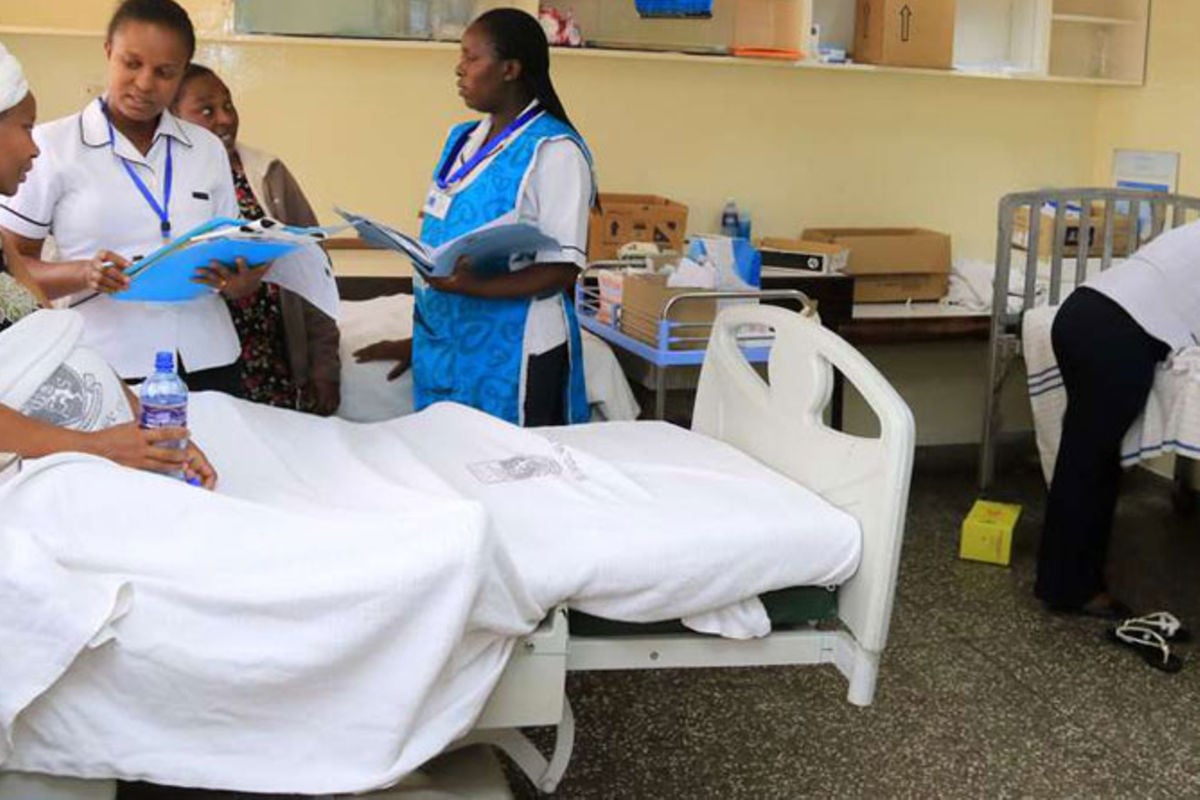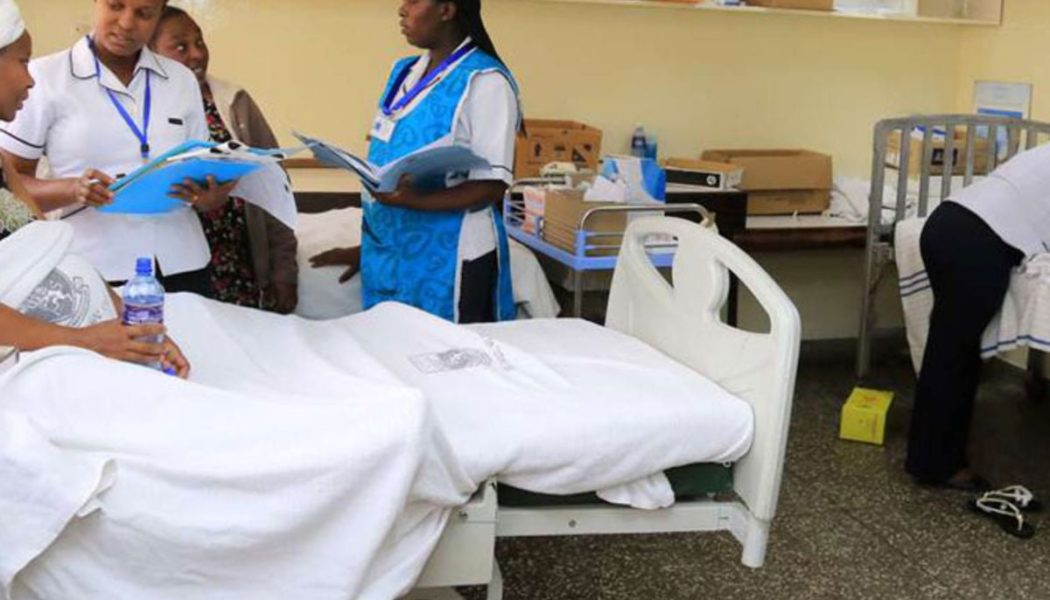
‘By the time you finish reading this article, two women will have died during pregnancy or childbirth.’
Intensive deliberations at the just-ended Pan African Nurse Anaesthetists Conference in Nairobi prescribed the hiring of anaesthetic nurses to curb mother and infant deaths in the continent.
Reviewing studies conducted in dispensaries, health centres, and other major hospitals, the conference observed that well-staffed hospitals reported better maternal and child health outcomes as opposed to inadequately staffed health facilities.
Anaesthetic nurses provide pain medication (anaesthesia) care for patients before, during, and after surgery. They administer medicines to keep patients asleep or pain-free during surgery and constantly monitor every biological function of the patient’s body, helping patients, mothers and infants to ill at a faster rate.
Prof Mahmoud Fathalla said: “Women are not dying because of untreatable diseases. They are dying because societies have yet to make the decision that their lives are worth saving: We have not yet valued women’s lives and health highly enough.”
While the one-time International Federation of Obstetricians and Gynaecologist President made this statement 18 years ago, today it is a living truth that maternal mortality remains a major challenge globally, with Africa accounting for 70 percent of global maternal deaths. To significantly reduce maternal mortality rates worldwide.
Prof Fathalla recommended urgent measures be taken to ensure women have access to safe, timely, and affordable surgical care.
The conference lamented that just six short years before 2030, progress towards Sustainable Development Goal 3.1 had stagnated, with the situation aggravated by the Covid-19 pandemic. In addition to challenges in accessing healthcare, the unavailability of anaesthetic nurses at health facilities made it difficult for medics present to detect abnormal vital signs in acutely ill patients who require proper care, leading to maternal and neonatal deaths.
Data by the UN Population Fund indicates that more than 80 percent of maternal deaths in Kenya are attributed to poor quality of care.
Kenya’s Maternal Mortality Ratio remains high, with 362 deaths occurring per 100,000 live births. This data indicates that, despite promoting access to maternal and child healthcare, the quality of care provided remains inadequate to generate significant progress in patient outcomes.
The clarion call from the conference is that stakeholders must create a robust framework that supports the training, deployment, and retention of skilled healthcare professionals.









